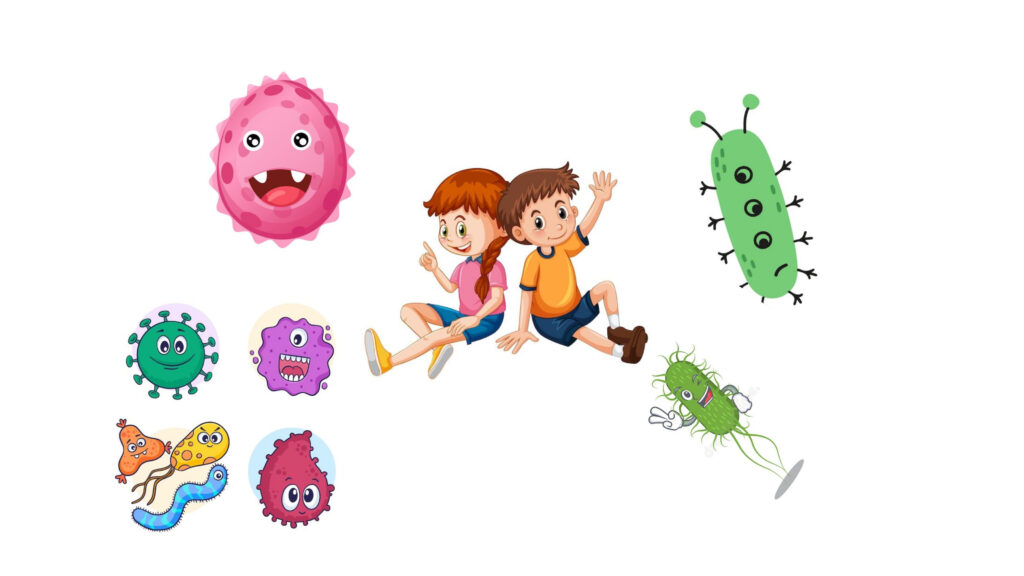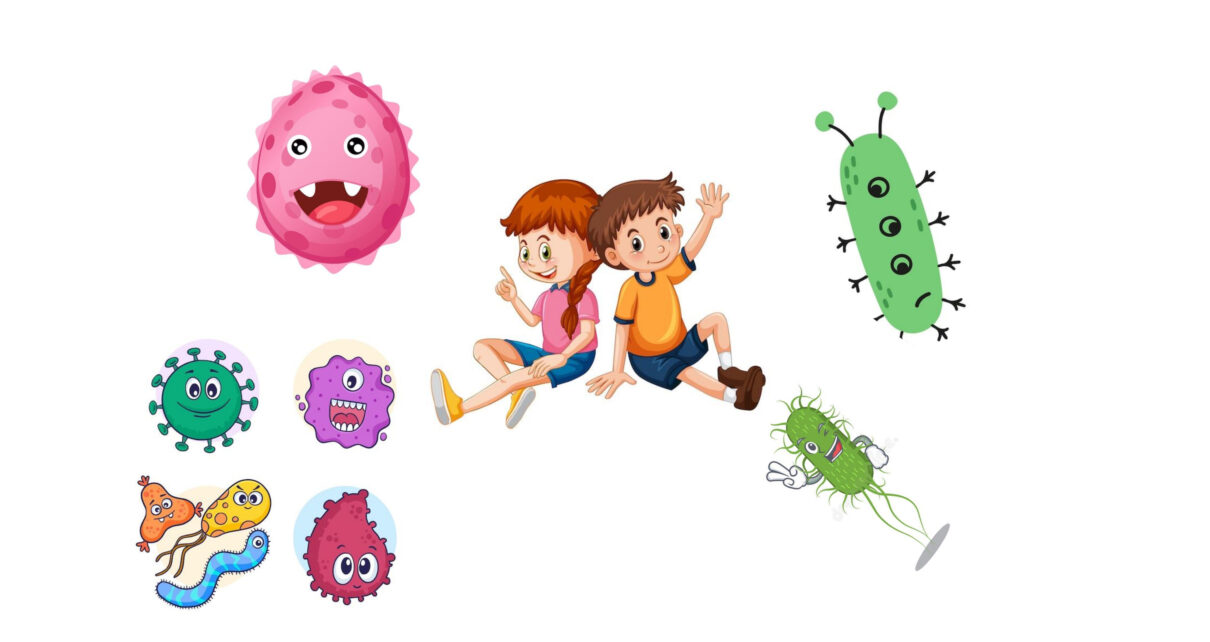Volume 13 Issues 8 August, 2023

Editor, MINDS Newsletter, Department of Psychiatry, All India Institute of Medical Sciences, (AIIMS) Raipur, Chhattisgarh, Indian
Follow me Twitter
The microbiota-gut-brain axis has gained significant attention in recent years due to its potential role in mental health and mental illness. Here’s how it’s implicated:
1. Impact on Neurotransmitter Production: The gut microbiota produces neurotransmitters, including serotonin, dopamine, and gamma-aminobutyric acid (GABA), crucial in mood regulation and emotional well-being. Alterations in the composition of the gut microbiota can affect the production of these neurotransmitters, potentially contributing to the development of mental illnesses such as depression and anxiety.
2. Immune System Modulation: The gut microbiota plays a key role in regulating the immune system. Dysbiosis, or an imbalance in the gut microbiota, can lead to immune dysfunction and inflammation, which have been implicated in the pathogenesis of psychiatric disorders, including depression, anxiety, and schizophrenia.

3. Influence on the Hypothalamic-Pituitary-Adrenal (HPA) Axis: The gut microbiota can influence the activity of the HPA axis, which plays a central role in the body’s response to stress. Dysregulation of the HPA axis has been associated with various mental health disorders, and alterations in the gut microbiota composition have been shown to impact HPA axis function, potentially contributing to stress-related psychiatric conditions.
4. Effects on Brain Structure and Function: Emerging research suggests that gut microbiota can influence brain structure and function through various pathways, including neuroinflammation, neurogenesis, and the production of neuroactive substances. Changes in the gut microbiota composition have been linked to alterations in brain structure and function, which may contribute to the development or exacerbation of mental illnesses.
5. Response to Psychotropic Medications: There is evidence to suggest that the gut microbiota may influence the response to psychotropic medications commonly used to treat mental illnesses. For example, certain antidepressant medications have been shown to modulate the gut microbiota composition, and alterations in the gut microbiota composition have been associated with differences in treatment response.
How to develop a healthy microecosystem in your gut.
Developing a healthy microbiota, or gut microbiome, involves nurturing a diverse community of beneficial bacteria in your gastrointestinal tract. Here are some tips to support a healthy gut microbiota:
1. Dietary Fiber: Consume plenty of fiber-rich foods such as fruits, vegetables, whole grains, nuts, and seeds. Fiber is food for beneficial gut bacteria, promoting their growth and diversity.
2. Probiotic Foods: Include probiotic-rich foods in your diet, such as yogurt, kefir, sauerkraut, kimchi, miso, and kombucha. These foods contain live beneficial bacteria that can populate your gut.
3. Prebiotic Foods: Eat foods rich in prebiotics, such as garlic, onions, leeks, asparagus, bananas, and oats. Prebiotics are indigestible fibres that stimulate the growth and activity of beneficial bacteria in the gut.
4. Diversify Your Diet: Consume various foods to promote diversity in your gut microbiota. Different types of fibres and nutrients nourish different strains of bacteria.
5. Limit Processed Foods: Avoid processed foods, sugary snacks, and beverages high in added sugars. These can disrupt gut bacteria’s balance and promote harmful microbes’ growth.
6. Manage Stress: Chronic stress can negatively impact gut health. To support a healthy gut, practice stress-reduction techniques such as meditation, deep breathing exercises, yoga, or time in nature.
7. Adequate Sleep: Aim for 7-8 hours of quality sleep per night. Poor sleep habits can disrupt the balance of gut bacteria and impair digestion.
8. Regular Exercise: Regular physical activity has been shown to promote a healthy gut microbiota. Aim for cardiovascular exercise, strength training, and flexibility exercises.
9. Stay Hydrated: Drink plenty of water throughout the day to support digestion and maintain the balance of gut bacteria.
10. Avoid Antibiotics Unless Necessary: Antibiotics can disrupt gut bacteria’s balance by killing off harmful and beneficial microbes. Only take antibiotics when a healthcare professional prescribes them and follow their instructions closely. By incorporating these habits into your lifestyle, you can support the development and maintenance of a healthy gut microbiota, which is essential for overall health and well-being.
Overall, while research into the microbiota-gut-brain axis and its role in mental illness is still relatively nascent, emerging evidence suggests that the gut microbiota may play a significant role in the pathogenesis, progression, and treatment of various psychiatric disorders. Further research in this area has the potential to uncover novel therapeutic targets and interventions for mental illness.

